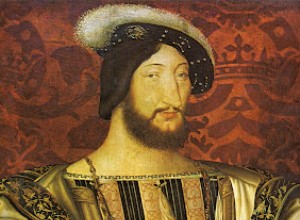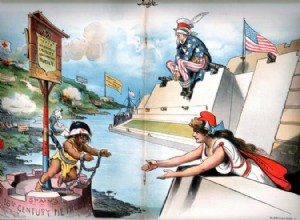And to close this trilogy, what better way than to start with King Leovigildo , the most important of all the Visigothic kings and whose reign marked a before and after. In fact, until his arrival on his throne it was different. You have already verified that the Goths could not live without a king




